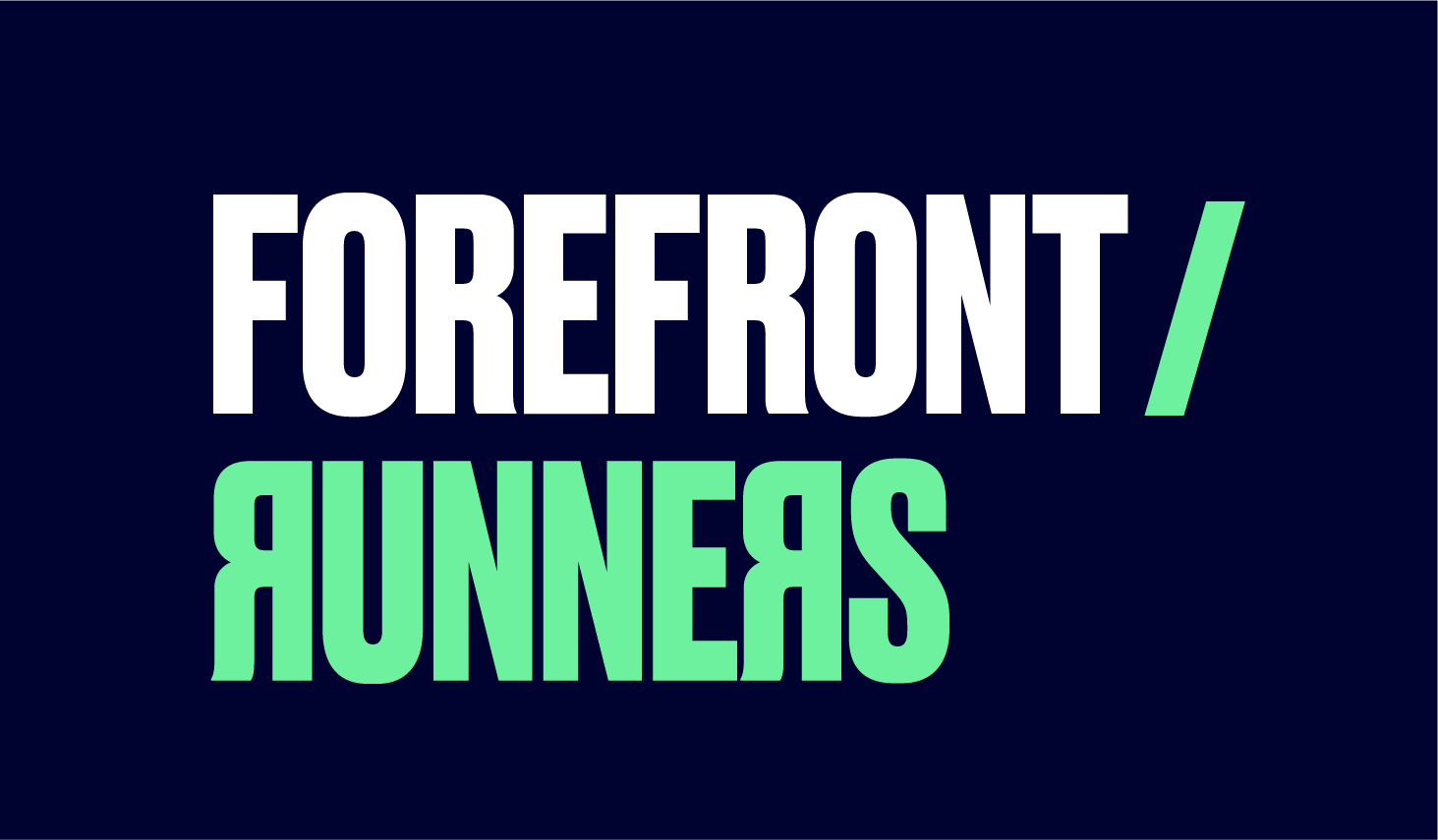8 Forms of Capital That Athletes Use to Succeed Beyond Sports.

In the fast-paced world of sports, athletes continuously strive for excellence, harnessing their physical prowess to achieve remarkable feats. However, the journey doesn't end when they step off the field. For athletes looking to transition into new opportunities, whether in business, community leadership, or personal development, understanding and leveraging various forms of capital beyond just financial resources is crucial.
Let's explore the different types of capital that athletes can tap into to drive their success in any endeavor:
1. Financial Capital
Financial capital is the most obvious form of capital and often the first thing that comes to mind when discussing opportunities outside of sports. It includes the money and assets that athletes have accumulated through their careers, such as endorsement deals and prize money. Effective management and strategic investment of financial resources can set the foundation for long-term security and open doors to new ventures.
2. Social Capital
Social capital refers to the networks, relationships, and connections that athletes have cultivated throughout their careers. This includes fans, fellow athletes, coaches, sponsors, and business contacts. Leveraging social capital can open doors to new opportunities, partnerships, and collaborations. Athletes can tap into their extensive networks to gain insights, seek mentorship, and attract support for their new pursuits.
3. Relational Capital
Closely related to social capital, relational capital emphasizes the quality and depth of relationships rather than just the breadth. Strong, trust-based relationships with key stakeholders - such as mentors, colleagues, and community leaders - can lead to more sustainable and fruitful outcomes. Building and maintaining relational capital requires excellent communication, empathy, and a genuine interest in others' well-being.
4. Intellectual Capital
Intellectual capital encompasses the knowledge, skills, and expertise that athletes have acquired over their careers. This includes not only their sports-related knowledge but also their understanding of discipline, strategy, and performance optimization. Athletes can leverage this intellectual capital to create innovative initiatives, programs, or training regimens that resonate with their audience. Continuous learning and skill development further enhance intellectual capital, keeping them ahead of the curve.
5. Physical Capital
Physical capital is often overlooked but remains a significant asset for athletes. Their fitness, health, and physical presence can be powerful tools in promoting their brand and endeavors. For instance, athletes can use their physical capital to lead by example in health and wellness initiatives, participate in promotional events, or even create content that highlights their training regimens. Maintaining peak physical condition ensures they can actively engage with their audience and activities.
6. Cultural Capital
Cultural capital refers to the knowledge, skills, and other cultural acquisitions that an athlete possesses, often passed down from their family and community or learned through experience. This can include understanding diverse markets, languages, and cultural practices. Athletes who harness their cultural capital can better connect with various demographics, creating more inclusive and resonant strategies.
7. Emotional Capital
Emotional capital involves the resilience, emotional intelligence, and mental toughness that athletes develop through the highs and lows of their sports careers. These traits are invaluable in any new endeavor, where challenges and setbacks are common. Athletes who cultivate their emotional capital can navigate stress, motivate their teams, and remain focused on their goals despite obstacles.
8. Brand Capital
Finally, brand capital is the value derived from an athlete's personal brand. This includes their reputation, public image, and the loyalty of their fan base. A strong personal brand can significantly enhance an athlete's new ventures, making marketing efforts more effective and attracting both customers and supporters. Consistently maintaining and growing brand capital through authentic engagement and high-quality offerings is crucial for long-term success.
Conclusion
Athletes possess a unique and diverse array of capital that can be strategically leveraged to build and grow successful ventures and initiatives. By understanding and harnessing financial, social, relational, intellectual, physical, cultural, emotional, and brand capital, athletes can transform their on-field success into thriving opportunities off the field. The journey from athlete to new ventures is challenging, but with the right mindset and tools, the potential for greatness is limitless.
